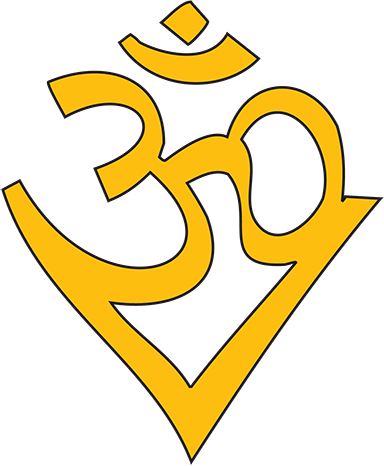The current international interest in the Farmers strike in India reminded me about the miners strike that took place in the UK. The millennials will be forgiven if they have never heard of it. THE coal mines in the country were in long term decline and they were heavily subsidised by the government. In parts of Yorkshire, Wales and Kent a lot of people depended on coal mining jobs. Mining is not an easy job having to work hundred of feet under the ground. But in the absence of any other opportunities whole communities depended on them. The government led by the then prime minister Margret Thatcher wanted to close down the mines. On the 6th of March 1984 it was announced that 20 colliers would close with a loss of 20,000 jobs. However the government had a formidable opponent by the name of Arthur Scargill. He was the leader of the National Union of Mine Workers. He declared a national strike on 12th March 1984. Thus started one of the most violent industrial conflicts in Britain. Flying pickets prevented miners who wanted to carry on working from entering the mines. Violent scuffles took place between the police and the picketing miners. Families in the close knit communities fell apart between those who wanted to work and those who wanted to strike. On the 18th of June 1984 the battle of Orgreave took place at the Orgreave coking plant in Rotherham. A confrontation between over 5000 miners and an equal number of police took place. Police on horseback charged with truncheons drawn. 51 pickets and 72 policemen were injured. Riots also took place in Easington, Durham, Brampton and Bierlow. During the strike 11,291 people were arrested. Number of work days lost due to the strike was 26 million making it the largest strike since the general strike in 1926. In all there were 3 deaths. Meanwhile the strikers were living in poverty and at least one soup kitchen was started in Yorkshire and many fundraising events were held to support them. The strike ended on 3 March 1985 with the miners losing.
In India the Farmers strike has been going on for two months. Repeated negotiations between the farmers and the government has failed to find a solution. The government wants farmers to be able to sell their products to other buyers rather than just the one body as at present. The government believes that it would benefit the farmers and fetch them a better price, especially the millions of small farmers. The strikers believe that the change will put them at the mercy of multinational companies. The solution may be for the government to guarantee a minimum price for the farmers’ produce.
The contrast between the two disputes is the social media revolution we have witnessed. Let us imagine that we had the same social media during the miners strike that we have today. Emails would have been flying across countries and continents asking why the British government is picking on miners. Tens of thousands of twitter chats would have been going on backing the miners and condemning the British government for its presumed fascist tendencies. In the flurry of these activities the narrative would change and the British government would be accused of muzzling the press, heavy handed policing and even repression. The United Nations would have to remind Britain that the right to protest is a
fundamental right. Members of parliament in far away countries would express moral outrages and talk about going on fact finding missions. There would be no time or inclination to see skeletons in their own cupboards! Some small time Sheriff in a small town would express solidarity with the miners! The super celebrities of the time such as Madonna, Dian Ross and Bob Dylan with millions of followers on their twitter account would send messages of support for the miners. In reality all this would not happen even if there was the same media presence in 1984. The reason? Well it is Britain we are talking about.
This though is what the Indian government has faced. People are swayed by false narratives that multiply every minute. India is a vibrant functioning democracy with fiercely independent judiciary and a constitution that guarantees all the fundamental rights which go with the functioning of the world’s largest democracy. India is surrounded by countries where there have been military regimes and civil wars. And yet India is portrayed in poor light and there is no shortage of pundits predicting an imminent death of democracy or even the collapse of the nation. India though, soldiers on having become one of the world’s biggest economies and the only nation in the region to challenge the Chinese ambitions of hegemony in the area.
With goodwill from both sides the Farmers strike will end. India has been here many times before.
Nitin Meha
9 Feb.2021.
Total Page Visits: 743 - Today Page Visits: 1

Recent Comments